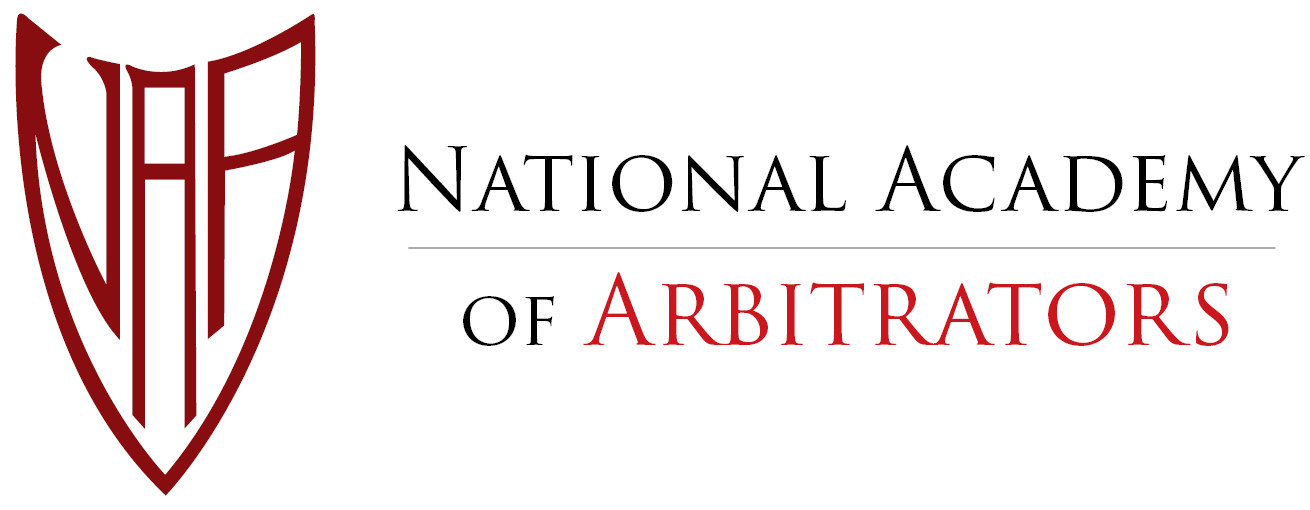Published on
Updated on
In a rare but fully explained collective action, twenty-seven Arbitrators on the rosters of the New York City Office of Collective Bargaining and New York State Public Employment Relations Board have indicated they will not work with the Patrolman’s Benevolent Association (“PBA”) on any future arbitration cases. In the letter, dated March 24, 2016, the Arbitrators addressed the PBA’s public expression of dissatisfaction with an interest arbitration decision involving their union. While not identified, it is thought the letter references an interest arbitration decision issued by Howard Edelman late last year. Descriptions of the PBA’s actions in the letter included “reprehensible”, “inexcusable”, and “highly unprofessional”. The letter alluded in general to the PBA taking its dissatisfaction to the Arbitrator’s personal residence and went on to express a “zero tolerance for bullying or the public vilification” of any arbitrator in a public sector setting.
The letter did not cite any specific incident of “the bullying and vitriol spewed by the PBA” but according to various accounts in a variety of New York City media outlets the PBA (with advanced notice) set up protests in front of Edelman’s Manhattan residence on November 5, 2015 at around 7:00 a.m. About 1000 protesters picketed many of them holding posters with Edelman’s picture on it with the ‘circle slash/no symbol’ over his face. Some carried a coffin and chanted slogans such as “whose blood – our blood” suggesting the decision was unsympathetic to police officers killed in the line of duty. The decision, which was yet to be finalized, proposed the same increase the City negotiated with other bargaining units. There were also signs accusing the Arbitrator of being a “1 percenter” and expressions of unspecified ethical improprieties.
The Arbitrator’s 103 page final decision was issued approximately ten days later on November 13, 2015 and is available as a public record along with an 82-page dissent by the Union member of the tripartite arbitration board that Edelman chaired.
Media coverage of the Arbitrators’ withdrawal letter first was reported by the local newspaper/website the ‘Chief Leader’ on March 28, 2016 (thechiefleader.com) and described the PBA’s criticism of the decision as “unrelenting” and “unusually public”. The PBA also ran a series of newspaper ads for several weeks after the final decision was issued. The Chief Leader quoted Susan Panepento, the Director and Chair of the city’s Office of Collective Bargaining, as stating the agency “routinely” gets requests from individual arbitrators not to serve on particular cases, but that “we have not received a letter like this previously from such a large group expressing displeasure with the behavior of either an employer or a union.”
Other media coverage of “the letter” unfortunately referred to it as a “retaliation”. It is observed, however, that not only are the arbitrators, as noted by Panepento, free to decline to serve in cases, the letter can be justified at least on the same basis as the PBA defended its own criticisms (free speech). The same outlet that referred to the action as “retaliation” may also have left the impression–by quoting its President Allen Ponak about the situation– that the National Academy of Arbitrators was connected to the collective action. Our reporting research reveals that this was not the case. Most of the signers are coincidentally members of the NAA, however, their signatures did not indicate this affiliation. While the NAA did not sanction the letter, that organization has not and it is not expected to disavow it. Indeed, NAA leadership has encouraged members to speak out individually on issues that they believe may impact the integrity and effectiveness of arbitration (as an extension and part of the collective bargaining process).
